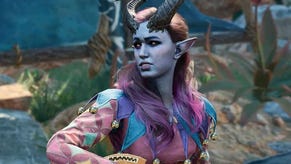Gone Home creator on the rise of non-combat first-person games
Ex-BioShock dev insists now is the time go indie.
BioShock 2: Minerva's Den lead and founder of The Fullbright Company Steve Gaynor explained in a recent interview with Eurogamer that the timing was right for the indie's upcoming first-person PC investigation sim Gone Home, as "there is this kind of burgeoning subgenre of non-combat first-person games that are coming out."
He cited Amnesia, Antichamber, Q.U.B.E., Dear Esther, the Portal games and The Witness as examples.
"There's sort of this zeitgeist of people saying the first-person perspective is really interesting. What happens if you take out shooting? What do you replace it with? What is engaging about it?"
Gaynor also insisted that there has never been a better time for indie developers.
"I think that we're at a point in the industry where independent development - especially PC focused independent development - has become way more viable than it was two or three years ago. Steam and Good Old Games.com and the Humble Indie Bundle and all these different avenues for distributing and promoting your game directly to this really keyed in audience that's on the PC have grown."
"We're in the middle of this really vital period where independent creators can get people excited about a game like Gone Home without requiring all the machinery of a huge triple A publishing organization to actually get it into peoples hands and get it made."
Prior to starting the Fullbright Company earlier this year, Gaynor worked on BioShock Infinite at Irrational. His colleagues - Johnnemann Nordhagen and Karla Zimonja - were working on XCOM at 2K Marine. So why leave their cushy jobs on triple A games to start a three-person studio in Portland, OR?
Gaynor explained that after he and the rest of the Fullbright crew got a taste of working on a small team on the BioShock 2 DLC: Minerva's Den, making it much harder to adjust to a more limited role in a larger studio.
"Johanmen, Karla and I all worked on Minerva's Den together and that was a team of 12 full-time content creators in a much larger organization that it was really great to be a part of. It was a great balance between being a small team within a very big team, so we had a lot of support, but also a lot of autonomy. And there was just this agility to working on a small team where it's like we're all working within earshot of one another... ideas bounce back and forth and things could change and get done at a very rapid pace."
"You feel a lot of ownership over the project as a whole when it's just this small group of people... you all feel a lot of responsibility." Gaynor still has a lot of pride from that project as he wears a Minerva's Den owl tattoo on his bicep.
"It was the first thing I was a lead on. I was really happy with it."
Going back to a larger team, he said "can feel kind of isolating to go from having responsibility for the entirety of a small project and having to care about everything, to going back to having one very specific job within a very large team where it's like 'here's the one part that you really like care about.'"
"The three of us wanted to work together on a small project as a small team that really felt like we had ownership over what we were doing. And I think that now is the time to do it."
"I think we were all at a point where we really loved the project we'd been involved with, we learned a lot, we hoped that we contributed good things to what we worked on and we want to try something that we haven't done before. We want to get outside of our comfort zone and try to make our own thing happen. And if you want to do that you've just got to take the plunge."
"At some point, you've got to try something new."
For more information about Gone Home, we learned all about it earlier this week.
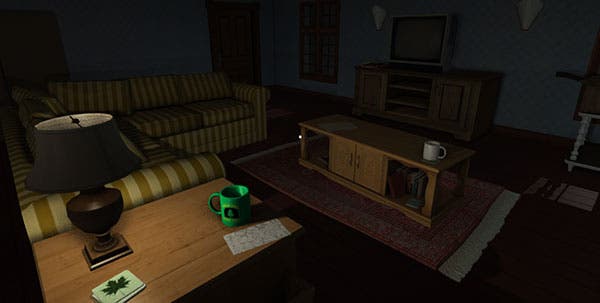
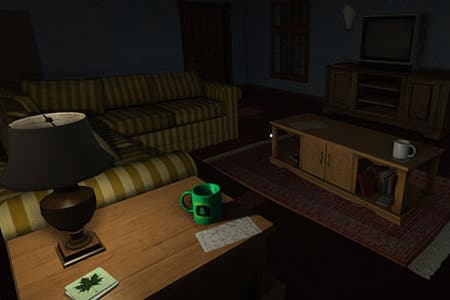

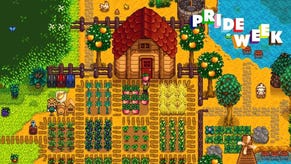
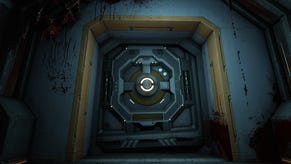
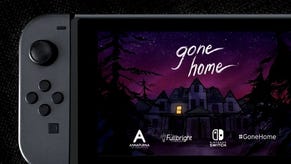
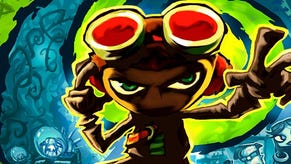


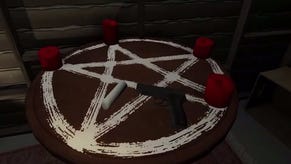
.png?width=291&height=164&fit=crop&quality=80&format=jpg&auto=webp)
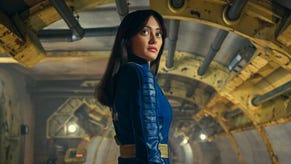

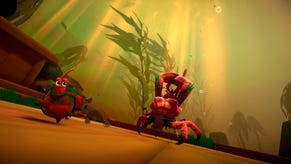

.png?width=291&height=164&fit=crop&quality=80&format=jpg&auto=webp)
